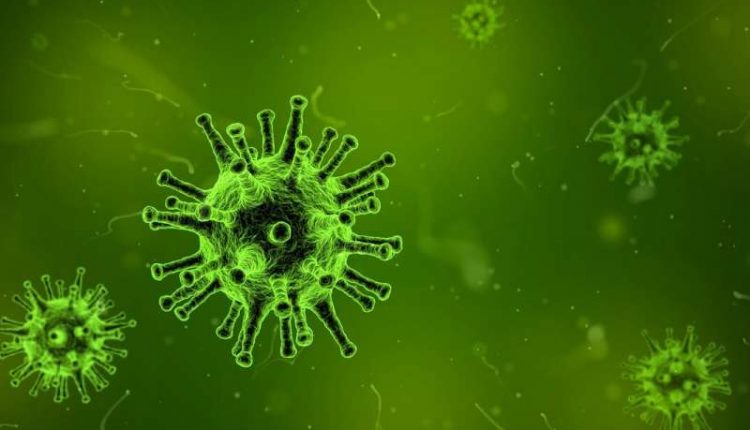Pandemic Diary

By Fasi Zaka
I have become very keenly aware that my compliance with all the measures required to be safe during this crisis is afforded by significant privilege. I have work that I can do from home, and there is enough space to allow for an individual’s quarantine should the need occur. At the beginning of this crisis, it was said that it is a great equaliser – that everyone stood a chance of getting it. Now I am not so sure about that. It’s a great equaliser only so far as most human bodies irrespective of their station in society are susceptible to it medically. Still, inequalities of society determine who can take precautions against this disease effectively. If you are eight people in a four marla house and need to go out to work – then this disease is a predator for the unequal.
What this pandemic has taught me is something profound that may not have much to do with the Coronavirus, but has been spurred by this public health crisis. We have read about the hypothesis of a global pandemic for years now – but one could always write them off as alarmist or unlikely to happen. It’s taken this crisis to show that academics, public health and virology specialists weren’t paranoid sitting in their ivory towers, but it was our belief in the present as a marker for the future that disbelieved them. This whole pandemic has led me to question my conviction about how soon climate change will affect us irrevocably – because climate scientists are in the same situation public health specialists were before the Coronavirus.
But, I think humankind’s fragility has hit home the most for me. My confidence in some of humanity’s achievements has been shaken by understanding just how tenuous it all is. And, like most people, the lack of capacity of our healthcare system and that of the world shows us we have misplaced priorities. We celebrate the achievements of nations in terms of stock market index performance, GDP and GNP figures when it should be more complicated than that.
At the NIOC, we discuss organised crime and its effects on Pakistan. While I haven’t been the victim of a crime, it is one of the fears around this pandemic, that organised crime will consolidate, and crimes motivated by sheer economic need will increase. On a less serious note, I do see that Jazzcash and Easypaisa scammers have a lot more time to devote to their craft. I get calls from them insisting they have mistakenly transferred money into my account, so I let them speak and make their case, wasting their balance.
Pakistan still doesn’t have a very high caseload of the Coronavirus, but that is likely to change in three weeks’ time. For a state that is always dysfunctional at some level, it has been heartening to see just how well the provinces, and eventually the federation, have come together to tackle this. The lockdown, quarantines – openness with data, these all deserve to be appreciated.
A lot of people are having difficulty with the lockdown. I am not very social in the traditional sense, and have had several friends write to me saying, “now we are supposed to live as you have always lived”. So, I haven’t become stir crazy, but I understand why others have.
There are a lot of analyses these days about how this pandemic is going to change things permanently going forward. I do think that’s true at one level, except I don’t believe that it will be permanent. Humanity has a gift for the amnesia of convenience. World War 1’s horror and the death toll was supposed to be the war that ended all wars. It took just two decades to show no lessons were learnt. Humanity prioritises consumption and emotion for the present – its not too good with making contingencies for the future if negative possibilities are real but distant.
But I do think maybe this situation has made me a little less careless with money. You realise you don’t need a lot of the things you have habituated yourself into purchasing.
